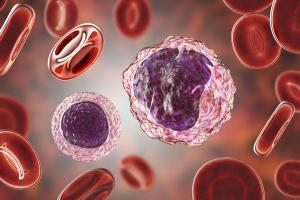Articles by Gianna Melillo

A substantial proportion of patients with inherited retinal disease could be treated with base editing, while therapeutic strategies that focus on common variants could be used to treat a large number of patients with the disease, according to study results.

In a longitudinal cohort study, researchers identified 17 seemingly novel variants of the PDE6A retinitis pigmentosa gene, suggesting it may be amenable to gene therapy.

Bristol Myers Squibb and bluebird bio submitted a second Biologics License Application (BLA) to the FDA for idecabtagene vicleucel (ide-cel), the companies’ investigational B-cell maturation antigen–directed chimeric antigen receptor (CAR) T-cell immunotherapy, indicated for adults with relapsed and refractory multiple myeloma (MM).
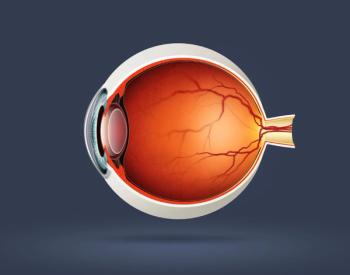
Scientists at the Trinity College Dublin and University College London developed a new gene therapy approach that has the potential to treat a group of eye diseases known as retinitis pigmentosa (RP), according to research published in Stem Cell Reports.
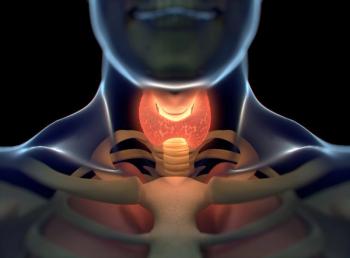
The FDA approved Eli Lilly’s selpercatinib (Retevmo) capsules to treat non-small cell lung cancer (NSCLC), medullary thyroid cancer (MTC) and other thyroid cancer tumors. The treatment is indicated for patients whose tumors have an alternation, such as a mutation or fusion, in a specific gene (RET or 'rearranged during transfection'), marking the first approval of a therapy for cancer patients with the RET gene alterations.
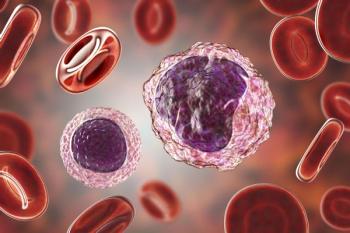
Chimeric antigen receptor (CAR) T-cell therapy has been shown to improve health-related quality of life in patients with relapsed/refractory diffuse large B-cell lymphoma (LBCL). Currently, CAR T-cell therapies are primarily administered in inpatient settings. In a study published in JAMA Network Open, researchers found CAR T-cell therapy administered to patients with relapsed or refractory LBCL in outpatient settings was associated with lower estimated overall costs.
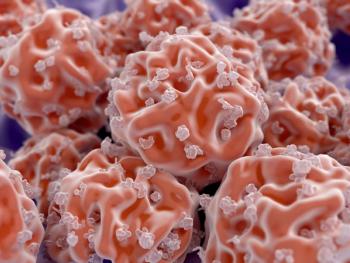
Several clinical trials have found mesenchymal stem cell therapy effective in treating neural damage in patients with multiple sclerosis (MS), according to a review published in Stem Cell Investigation.













